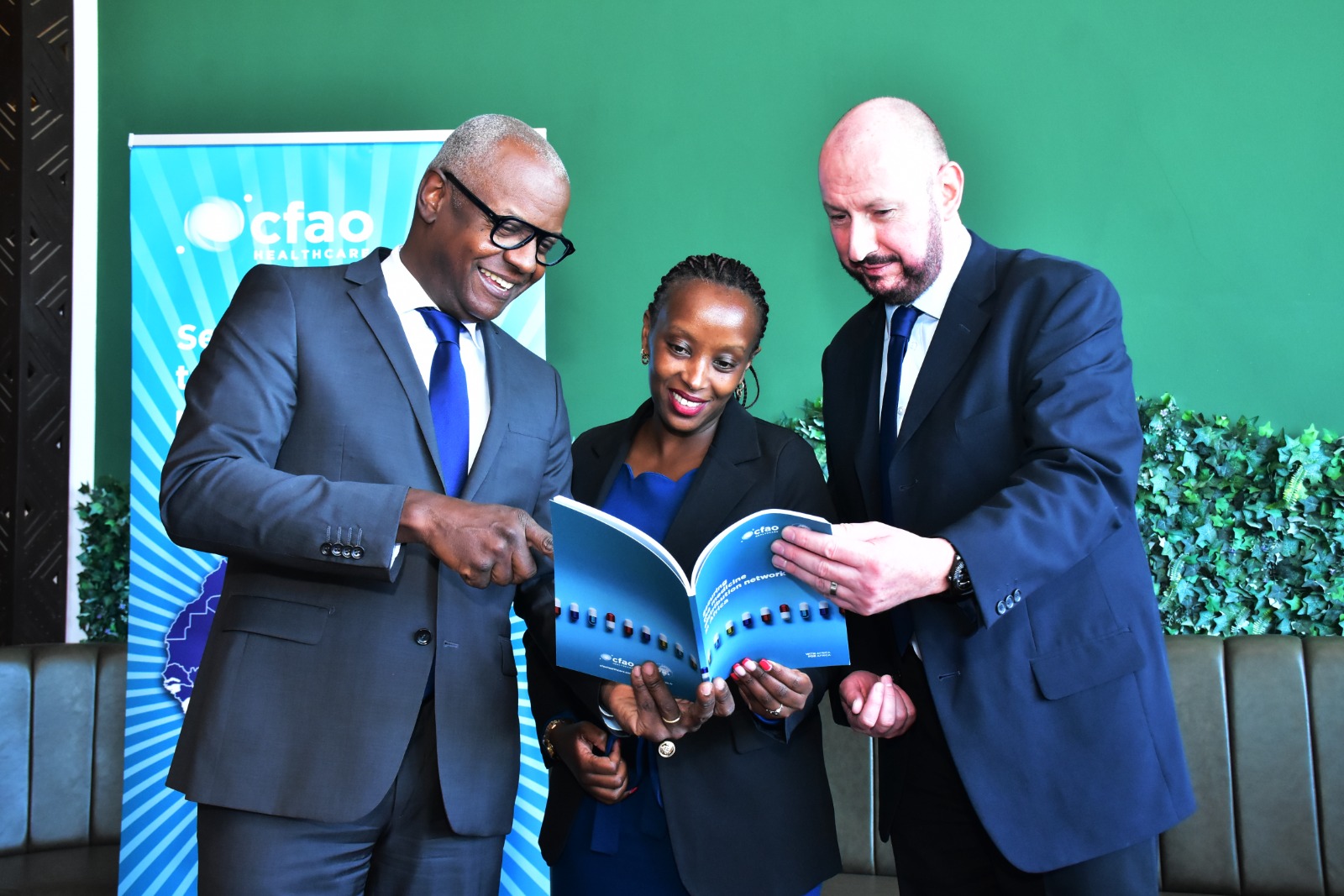
Health Crisis Deepens as Fake Medicines Kill 100,000 Africans Each Year » Capital News
NAIROBI, Kenya | June 13 – A newly released white paper warns that falsified antimalarial drugs are contributing to over 100,000 preventable deaths annually in Africa, underscoring a growing crisis in medicine distribution across the continent.
The report, published jointly by CFAO, a leading pharmaceutical distributor in Africa, and the OPALS Foundation, reveals that one in every three medicines circulating in Africa may be counterfeit.
In Kenya, where more than 70% of medicines are imported, a fragmented distribution system and increasing presence of fake drugs are placing patients at serious risk. The most commonly falsified drugs include essential medicines such as antibiotics, antimalarials, HIV/AIDS antiretrovirals, painkillers, and opioids.
Titled “Securing the Medicine Distribution Network in Africa”, the white paper highlights that women bear the brunt of the crisis, with African women being 130 times more likely to die from pregnancy or childbirth-related complications than their counterparts in Europe or North America.
Due to economic, cultural, or geographic barriers—combined with stockouts in formal pharmacies—many African women turn to informal markets, where dangerous and unregulated drugs are readily available. Shockingly, the report notes that a pill banned in Kenya over a decade ago continues to circulate covertly.
Ken Accajou, Deputy CEO of CFAO Healthcare and Head of English and Portuguese-speaking regions, described the crisis as a “matter of life and death” rather than a mere supply chain issue.
“While Kenya benefits from a relatively strong private sector, this white paper is a call to action. We must reinforce official distribution networks and empower local health systems to protect lives,” said Accajou at the report’s launch.
The publication draws on extensive data, expert insights, and testimonials from across the healthcare ecosystem—including regulators, pharmacists, NGOs, and laboratories. It calls for an urgent overhaul of the current distribution frameworks to establish a traceable, reliable supply chain for medicines.
Gavin Pearson, CEO of CFAO Healthcare Kenya, stressed the need for collaborative action: “Kenya has made notable progress in healthcare, but counterfeit drugs remain a major challenge. By uniting government, regulators, and the private sector, we can build a safer, more transparent pharmaceutical supply chain.”
The report further points to the underlying drivers of Africa’s illicit pharmaceutical trade: limited access to affordable drugs, gaps in supply chain coverage, and the rise of street vendors operating with little oversight. In Kenya, informal drug markets have proliferated in regions with weak regulatory presence, undermining trust in the formal healthcare system.
With about 30% of medicines consumed in Kenya already produced locally, the white paper urges increased investment in domestic pharmaceutical manufacturing—arguing it could help stabilise supply chains, support public health, and reduce reliance on imports vulnerable to counterfeiting.